6 Popular American Foods Banned Elsewhere In The World
Tags: opinion
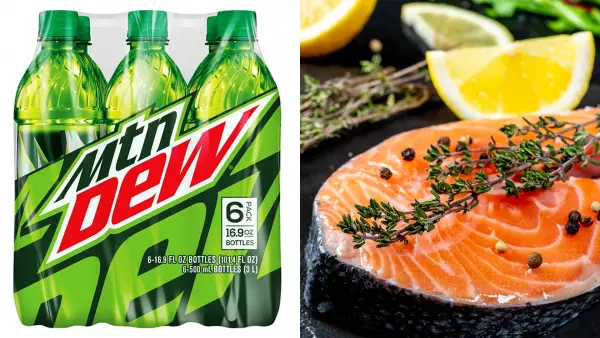
The United States of America, or the land of the free, is considered to have some of the highest living standards in the world. A part of it is the country’s food items that are shipped all over the world. Many of them have become household items in almost every other nation, for example, Kelloggs’ cereals. However, there are some popular American foods that are banned elsewhere in the world because of certain additives.
Here are 6 of the more popular foods that Americans love but the rest of the world shuns:
Salmon Raised On Farms
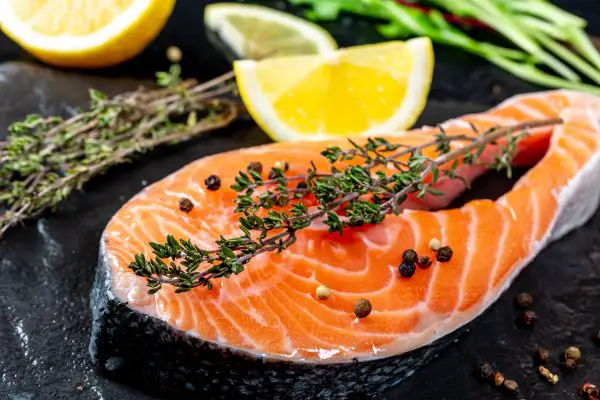
Image Credits: Flickr
Salmon is one of the most popular foodstuffs for Americans. But salmon raised in farms in the country are fed antibiotics and chemicals that result in them having their distinct coral color. These artificial enhancers are deemed too harmful to be eaten in New Zealand and Australia as well as Russia. The natural color of salmon meat has a more brownish tint because they are usually fed grains. So the next time you see a beautiful coral salmon piece, be a bit wary.
Mountain Dew
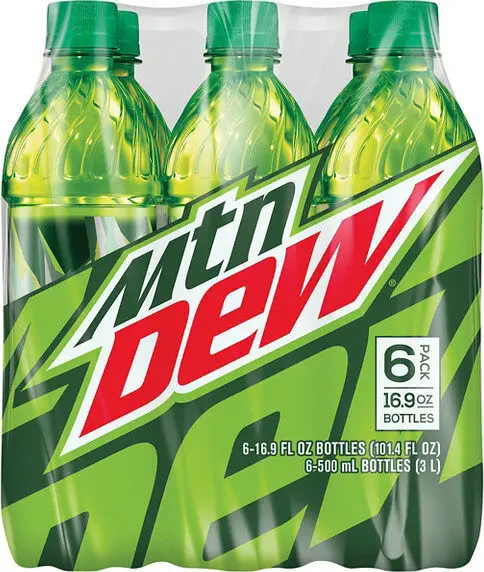
Image Credits: Open Food Facts
Right up there with Coca-Cola and Pepsi is this American drink: Mountain Dew. However, the soft drink had contained BVO or Brominated Vegetable Oil for several years. The emulsifier has been linked with behavioral and reproductive problems. The good news is that the drink no longer contains BVO. However, it remained banned in Japan, India, and several European countries.
Chicken Treated With Chemicals
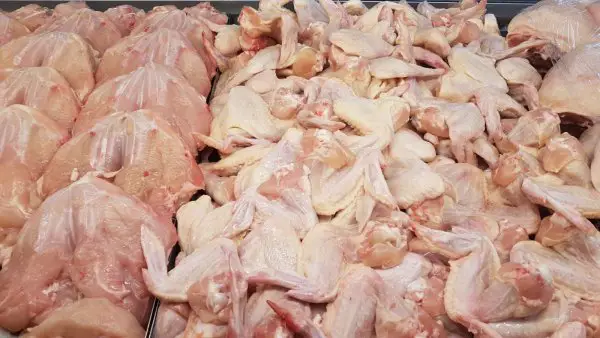
Harald the Bard, CC0, via Wikimedia Commons
If the breast piece looks very fresh and pink then be careful where and how it was raised. The pretty pink can be from a little bit of arsenic added to the chicken feed. However, the FDA has banned almost all arsenic-containing chicken feed in 2014. Furthermore, some carcasses are also treated with chlorine to get rid of bacteria like salmonella. This chlorine-washing practice is prohibited in the UK and the EU since it is believed to promote unsanitary agricultural practices.
Olestra
Procter & Gamble’s fat-free substitute Olestra, or Olean, is commonly used in snacks such as French fries and chips. However, a 2011 Purdue University study found that not only did it increase weight but also cause excretory problems like diarrhea. As a result, the product is banned in Canada as well as the United Kingdom.
Read: ‘Dangerous’ Chemicals Found In 80% Of Food From McDonald’s, Burger King, Pizza Hut, And Domino’s
Meat Containing Ractopamine
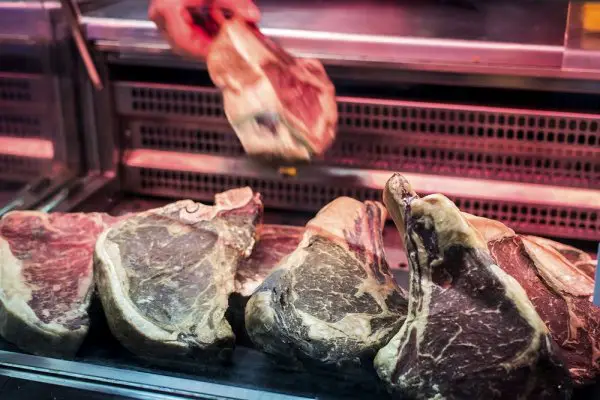
Image Credits: Raw Pixel
In the US, the growth of lean muscle in livestock is increased using the chemical ractopamine. Not just beef, but somewhere between 40 to 60% of pigs in America are also fed this chemical. However, over 150 nations, including China, Russia, and the EU, prohibit using this drug in the production of meat. The chemical has been shown to cause heart diseases in both animals as well as humans.
Read: More Americans Are Turning To Grow Their Own Food And Seed Companies Can’t Keep Up
Skittles
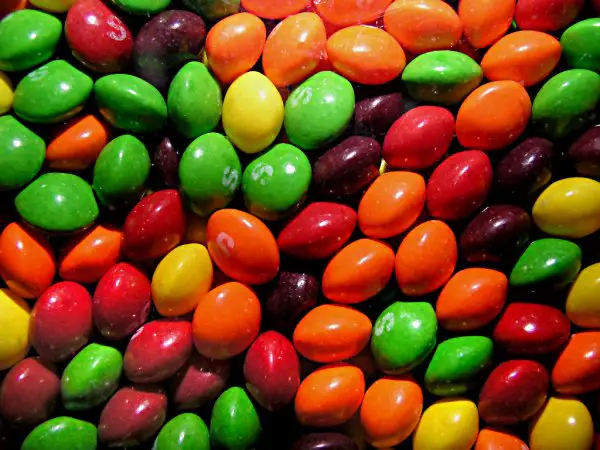
Image Credits: Wikimedia
The rainbow color of the popular candy is due to food dyes Red 40, Yellow 5, and Yellow 6. The dyes are known to adversely affect young children. As a result, foods for babies are banned from having these colors in the EU. Any kind of food that does have them has to have warning labels as well. Austria and Norway have completely prohibited the product. Skittles also contain titanium oxide – a very common candy constituent that is suspected to cause cancer.

Leave Comment: